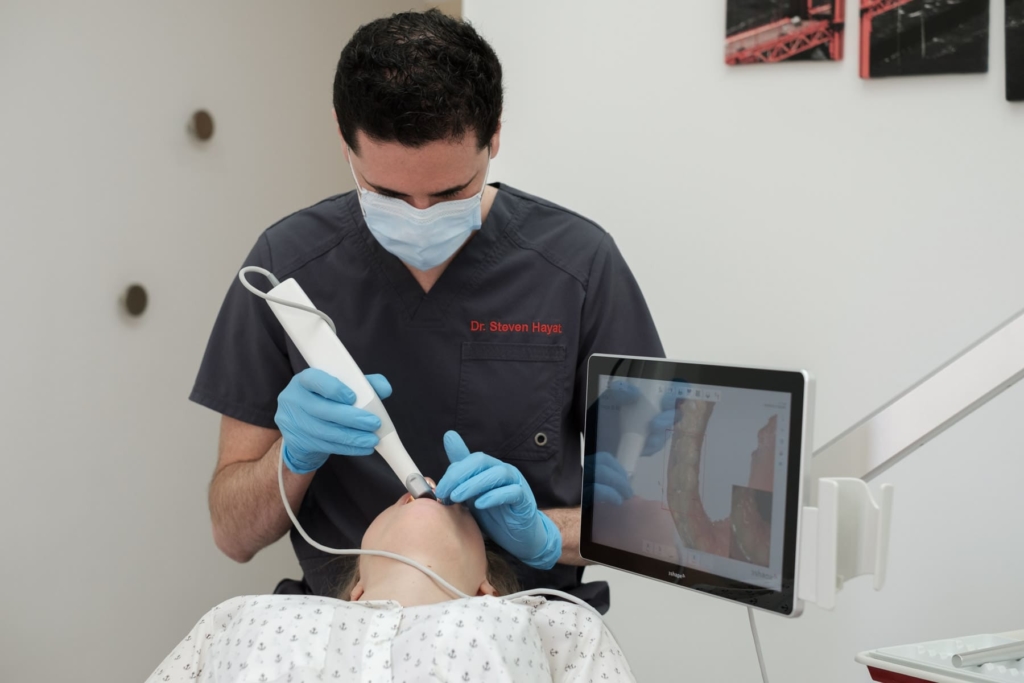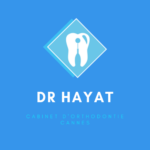Our fields of intervention

Orthodontics of children and adolescents from 3 to 18 years of age
Including child orthopaedics, child interceptive orthodontics from 3 years of age (click here), classical orthodontics for children and adolescents (vestibular multi-attachment orthodontics, lingual orthodontics of the child and Invisalign® of the child), and finally preprosthetic orthodontics of the child.
Orthodontics of adults and seniors
Including invisible and aesthetic orthodontics such as lingual orthodontics for adults, aesthetic orthodontics using the Invisalign® technique for adults, vestibular aesthetic orthodontics and finally preprosthetic orthodontics for adults.

Pre-surgical orthodontics
Including preoperative orthodontics in adults or young adults, in cases of major aesthetic and functional disorders such as sleep apnea at a very advanced stage.
Therapeutic objectives
The orthodontist must make an orthodontic preparation of the patient to be operated on. This involves straightening the teeth of each dental arch ideally on their skeletal base. At the end of this orthodontic preparation, each of the dental arches being straightened on its base, the inter-arcs dental offset will be amplified because it will correspond to the skeletal offset. The phenomena of dentoalveolar compensations had naturally reduced and masked the extent of the base shift.
The patient thus prepared, the surgeon will be able to operate. The osteotomies will correct the skeletal shift and at the end of the procedure, the dental arches will be in functional occlusion. After the surgery, an occlusal orthodontic finishing phase of intercuspidation will be continued by the orthodontist. This sequence of treatments after surgery is necessary for the establishment of post-surgical bone consolidation.
Videos : orthognathic surgery

Our fields of intervention
Orthodontics of children and adolescents from 3 to 18 years of age
Including child orthopaedics, child interceptive orthodontics from 3 years of age (click here), classic orthodontics for children and adolescents (vestibular multi-attachment orthodontics, lingual orthodontics for children and Invisalign® for children), and finally pre-prosthetic orthodontics for children.
Orthodontics of adults and seniors
Including invisible and aesthetic orthodontics such as lingual orthodontics for adults, aesthetic orthodontics using the Invisalign® technique for adults, vestibular aesthetic orthodontics and finally preprosthetic orthodontics for adults.
Pre-surgical orthodontics
Including preoperative orthodontics in adults or young adults, in cases of major aesthetic and functional disorders such as sleep apnea at a very advanced stage.
Therapeutic objectives
The orthodontist must make an orthodontic preparation of the patient to be operated on. This involves straightening the teeth of each dental arch ideally on their skeletal base. At the end of this orthodontic preparation, each of the dental arches being straightened on its base, the inter-arcs dental offset will be amplified because it will correspond to the skeletal offset. The phenomena of dentoalveolar compensations had naturally reduced and masked the extent of the base shift.
The patient thus prepared, the surgeon will be able to operate. The osteotomies will correct the skeletal shift and at the end of the procedure, the dental arches will be in functional occlusion. After the surgery, an occlusal orthodontic finishing phase of intercuspidation will be continued by the orthodontist. This sequence of treatments after surgery is necessary for the establishment of post-surgical bone consolidation.


